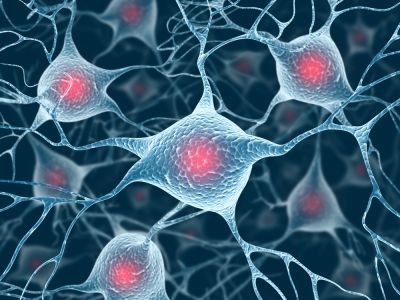Stems cells repair brain function in irradiated rats

Your support helps us to tell the story
From reproductive rights to climate change to Big Tech, The Independent is on the ground when the story is developing. Whether it's investigating the financials of Elon Musk's pro-Trump PAC or producing our latest documentary, 'The A Word', which shines a light on the American women fighting for reproductive rights, we know how important it is to parse out the facts from the messaging.
At such a critical moment in US history, we need reporters on the ground. Your donation allows us to keep sending journalists to speak to both sides of the story.
The Independent is trusted by Americans across the entire political spectrum. And unlike many other quality news outlets, we choose not to lock Americans out of our reporting and analysis with paywalls. We believe quality journalism should be available to everyone, paid for by those who can afford it.
Your support makes all the difference.Human embryonic stem cells may one day be used to help people recover abilities to learn and remember that are lost after radiation treatment for brain tumors, experiments on rats suggest.
In a study published Monday in the Proceedings of the National Academy of Sciences, researchers found that transplanted stem cells in rats restored learning and memory within four months of radiotherapy.
Irradiated rats that did not receive stem cells suffered a more than 50 percent loss in cognitive function, according to the study by researchers at the University of California at Irvine.
"Our findings provide the first evidence that such cells can be used to ameliorate radiation-induced damage of healthy tissue in the brain," said Charles Limoli, the study's senior author.
Radiotherapy to treat brain cancers is limited by how well surrounding tissues tolerate the exposure.
Patients who submit to such treatment suffer differing degrees of loss in their ability to learn and remember which in turn can affect their quality of life.
"It's a progressive, debilitating side effect of cranial irradiation," Limoli said. "Any treatments showing promise at reversing this are worthy of pursuit."
In the study, stem cells were transplanted in the head of a rat, where they migrated to a region known to support neurons and developed into new brain cells.
Researchers are still trying to determine how transplanted stem cells improved cognitive functions in rats.
js/jm/mjs
Join our commenting forum
Join thought-provoking conversations, follow other Independent readers and see their replies
Comments